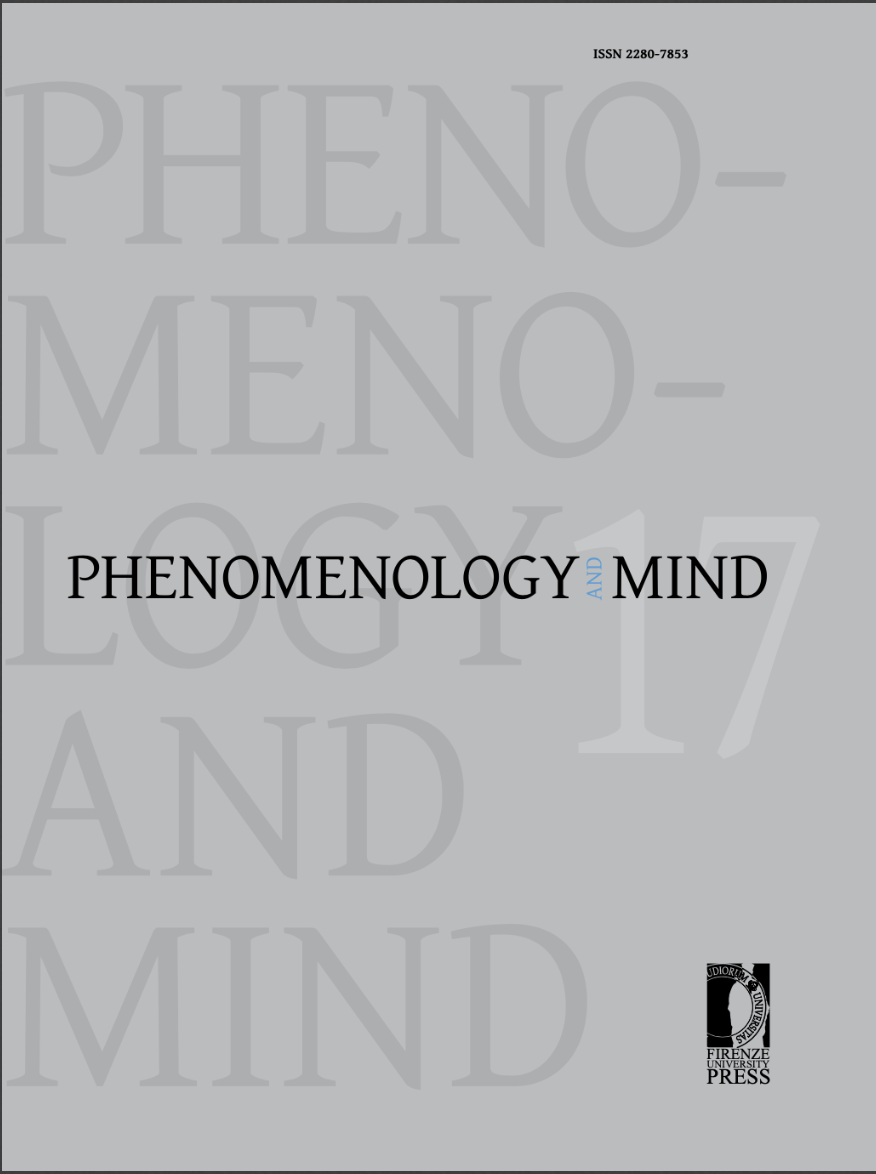Published 2015-12-22
Keywords
- Polis,
- Lifeworld,
- Intersubjectivity,
- Contingency
How to Cite
Abstract
This paper proposes a genealogical reflection on Europe and on its spiritual roots, trying to avoid both a naive Europeanism and an equally naive Euroscepticism. On the basis of Husserl’s and Patočka’s analysis, we see the essence of Europe in a contigent telos, identifying the common origin of philosophy and politics in the Greek polis and pointing out with Arendt the great challenge of the present generation in a creative reappropriation of tradition, leading to a rediscovery of the public realm. We compare Arendt’s try to reconnect the political concepts back to the intersubjective experience enlivening them with Husserl’s foundation of the European sciences in the lifeworld, finally seeing in the activity of judgement a bridge between philosophy and practice, private and public sphere, as well as a way for a democratic foundation of the common space.

